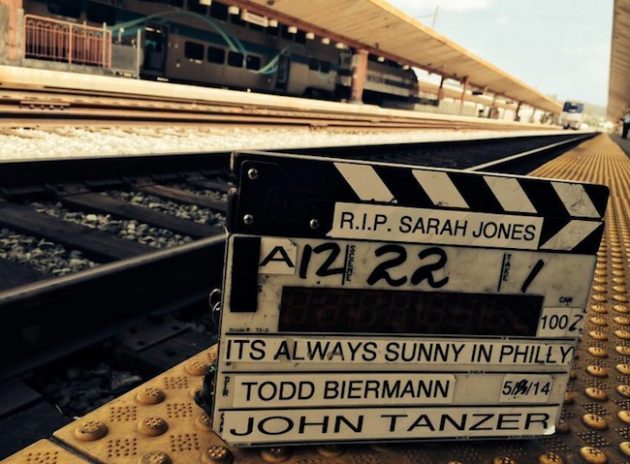
The 'Midnight Rider' lawsuit issued by Sarah Jones' parents is so far reaching that it is likely to re-shape how the film industry regards safety and who is responsible for it.
We can't overlook this, and what happened to Sarah Jones could happen again if fundamental changes are not made. We know that the crew were hit by an oncoming train, that permits weren't in place, and that unions have come down hard on the production to prevent further casualties, but beyond this lies an even more important question:
If someone is killed on the set, who is responsible?
Film productions don't define 100% the goals and responsibilities of each crew member. We are not governed by a set law that states exactly what we can or cannot do, and what we are responsible for. Therein lies the problem.
To a certain degree, film crews watch out for each other, and it's hard to blame one person for a tragedy when we all know the risks involved. But when there is failure in the production, such as incorrect permits, or miscalculations during stunts, who is to blame?
What this lawsuit will likely do is change how production companies write contracts with crew members. In fact, I'm willing to bet a new position will emerge from this: someone who is dedicated and responsible for on-set safety.
There are many problems that happen on a film set. It's a fast paced environment and people are often scrambling to get a shot done to keep up to a schedule. However, without someone overlooking risk areas, or being dedicated to double checking permits, there is a certain level of confusion that can occur when key members of the crew like the AD are unclear about where they can shoot and how.
What happened on 'Midnight Rider' should have never happened but the crew appeared to be indecisive on what was right or wrong, and whether they should have filmed on those tracks or not. Of course the AD, the director, the producers bear some responsibility in doing this in a proper way, but when it comes to a death on-set, as an industry, it's not easy to associate blame to individuals directly until we decide who we consider to be the 'safety commander in-chief.'
Will this lawsuit achieve this? I think so. Production companies will want piece of mind that they have someone on-set who is 100% responsible for safety and who checks permits and locations prior to shoots to ensure they are 100% compliant. It's a big responsibility but if there is no one person overlooking this, should everyone be blamed? An AD's job is hard, and there are so many things to look at. The same goes for a producer and a director. Should they not get a backup?





















